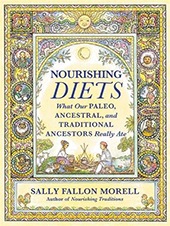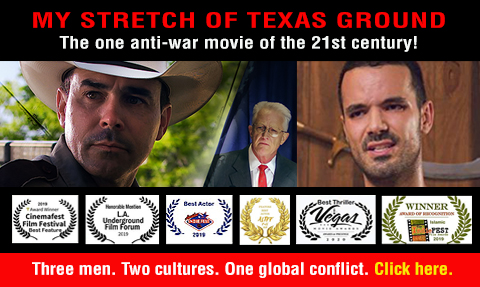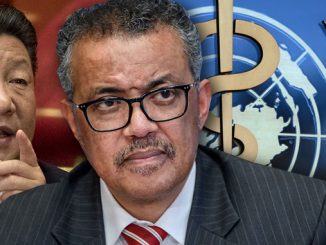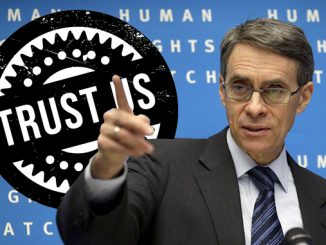
How propaganda has damaged our understanding of the transmission of Covid-19.
By Tilton Adler
The mainstream media love to latch onto fearmongering buzzwords. TV news anchors emphasize them and give them a partisan narrative, and the words are often used without context, making them misnomers. A “superspreader event” is one such example, but mixed messaging has made it hard to understand what is and isn’t a superspreader event. For instance, Fox News says Black Lives Matter protest marches are superspreader events, while countless news outlets have reported that the dubious “Rose Garden Massacre”—the event in which President Donald Trump announced Amy Coney Barrett as his nominee for Supreme Court justice—was a bona fide superspreader event resulting in the president, the first lady, staffers, and several GOP congressmen contracting Covid-19.
Given these uses of the term, it would seem the term superspreader event is now being used to refer to a location or mass gathering, rather than to an individual person. According to Merriam Webster, however, a super-spreader is actually an individual who is highly contagious and capable of transmitting a communicable disease to an unusually large number of uninfected individuals. With Election Day looming, it is more important than ever to understand the difference between a virus super-spreader and, with the proper precaution, an innocuous event.
Here’s why it matters: A super-spreader is an individual, not an arena. That means when we look to safeguard ourselves, our elderly family members, and those with preexisting conditions, it’s not so much a matter of where we go as much as who we come into contact with and for how long we maintain contact. While scientists don’t have a way to preemptively identify a superspreader, we do know how to mitigate our exposure. (A person can have Covid-19 and not spread the illness if they are using proper transmission safeguards.)
Epidemiologists often refer to the “three V’s” as points of contagion: 1) Venue—transmission is 18 times higher at indoor gatherings; 2) Ventilation—poor air circulation can cause viruses to linger longer; and 3) Vocalization—singing, yelling and speaking loudly can increase the spread of virus.
Here’s the science: The general consensus among scientists is that Covid-19 is being spread in a pattern which follows the Pareto Principle, which states that “80% of consequences comes from 20% of the causes, asserting an unequal relationship between inputs and outputs.” This means a relatively small number of people can do a surprisingly large amount of harm. While (hopefully) no one chooses to be a super-spreader, the fact is those who carry a higher viral load, symptomatic or not, can cause excessive spread of this virus. It only takes one super-spreader to spread illness to a community, as seen in the Washington State choir practice in which over 50 people were infected and two died. Had the choir been using proper techniques to diminish viral transmission, the chances are nobody would have been infected, as has been shown in numerous other cases of religious gatherings that have been conducted safely.
Joshua T. Schiffer, an epidemiologist, recently told Smithsonian Magazine, “It’s very possible that there are a subset of people who shed at much higher viral loads for much longer, and those people might be more effective superspreaders.”
Here’s what you can do: When you find yourself in any of the above-mentioned scenarios, it is useful to wear a mask, keep your distance, and follow proper hand hygiene. Opt for outdoor seating when weather permits, limit the length of time you spend in close proximity to others, and encourage your friends and family to take the temporary precaution of wearing a mask, which has been found to reduce the spread of Covid-19 (as well as common colds and respiratory illnesses) by up to 85%. Of course, we will have more data in the near future about masking and whether or not masks are effective—or as deleterious as some critics claim.
With Election Day just around the corner, we must not make the mistake of believing polling sites are automatically Covid super-spreader sites. It seems the media are using Covid-19 to make us second guess the safety of our election process. Don’t let it happen. Whether you vote by mail, vote early, or show up

in person on November 3, remember that, with proper precaution, casting your ballot can be done safely. Understand that the location is not as much the source of virus transmission as may be the infected person standing behind you. Keep your distance, wear a mask, keep your hands clean.
Don’t be swayed by the media’s attempt to scare you away from voting, the most important civic duty we are tasked with.






